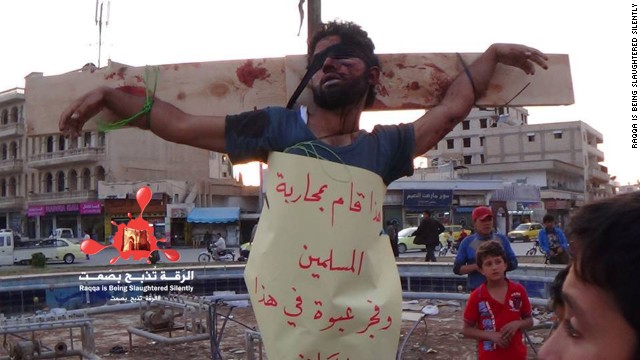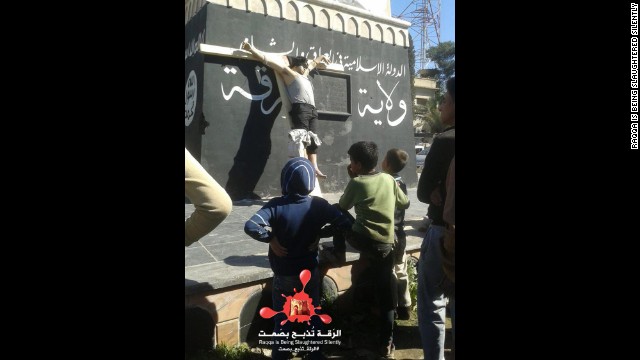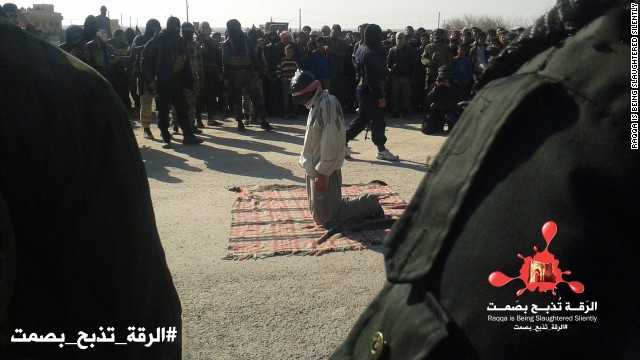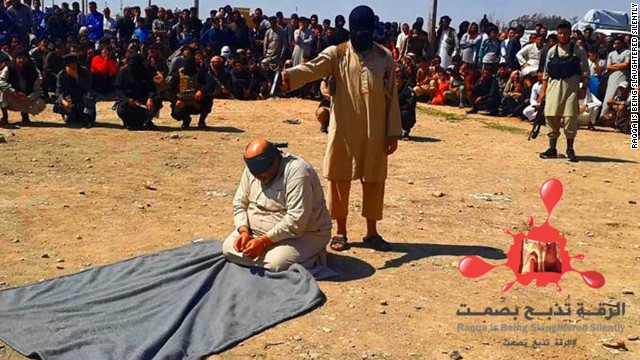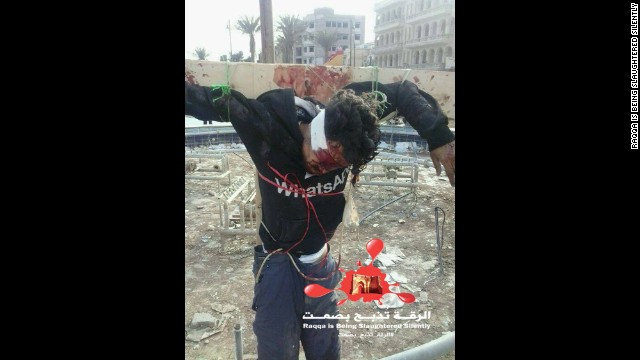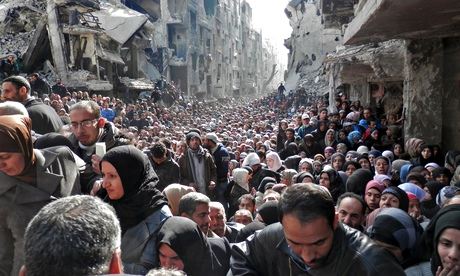It is impossible to transport a single aspirin tablet into eastern Ghouta, an agricultural belt just outside Damascus and the area devastated by chemical attacks last August. Instead, we – a network of doctors and activists – are forced to smuggle medicines and cash across front lines and through checkpoints throughout Syria on a daily basis. But we cannot pass the soldiers surrounding this collection of villages, home to more than one million people.
We cannot get medication in so we have set up a factory to manufacture paracetamol and antibiotics – a small lab in the middle of the farming region where brave pharmacists are forced to make what should be available for a few pounds at every corner shop.
It is more than three months since the United Nations passed a resolution that is meant to ensure that everyone, no matter where they live in Syria, gets all they need to survive.
Less than one month after the Security Council demanded that all parties respect medical neutrality and facilitate free passage for equipment and supplies, the strategic city of Yabroud was battered by barrel bombs and rockets and thousands of people fled over the border to Lebanon.
We were supporting medical centres in Yabroud with many staff, all of whom are now refugees living in miserable conditions in camps. We are trying to rescue the equipment left behind so that doctors and nurses can set up mobile clinics and continue working but moving substantial medical machinery is not easy.
Just transporting a bag of medicines is extremely dangerous. Last month, a young woman was carrying a bag of medication used to treat chronic illnesses from north Damascus to the south of the city. Her forged secret service ID meant she passed three checkpoints without any trouble but at the fourth, the guards checked her bags and found a small sack of medicines. The men responded by raping my colleague and beating her driver. The threat comes not only from government forces: activists and medical staff are also at serious risk of kidnapping by extremist groups.
We speak to the several hundred nurses and doctors we support across Syria almost every day. They are committed, courageous people risking their lives to treat the huge number of people in need of care.
Every month, we lose a doctor or activist to the conflict. We lost someone when they were tortured for carrying blood sacks to one of our field hospitals. Another doctor was detained and killed in secret service custody.
The United Nations resolution was a rare glimmer of hope in the three-year conflict. The Security Council could agree that you cannot control the flow of food, water and medicines to punish a whole city of people.
And it is true that there is sometimes an agreement between sides to stop the bombing. We make the most of these moments and while the ceasefire holds, our staff are allowed to pass through a fleeting tunnel of opportunity. Just lastweek, a ceasefire brokered in southern Damascus provided some much needed relief for people who have been waiting in desperation.
The cities of Al-Hamah and Qudsaya have only one entrance, passable only during the day before the curfew stops all movement in or out. If there is a quick flash of sporadic gunfire, the route can be closed for days and people are again cut off from essential supplies. In other areas, we take our chance and plan our delivery for a time when we know a particular general at a specific checkpoint will take $1,000 and let us through.
This is medical care in besieged areas of Syria. We are risking everything to keep one small artery functioning and we expect it to feed the whole body and keep the heart pumping.
The humanitarian imperative, the argument that we cannot continue to cut off whole areas from the essence of life, brought the Security Council together before. Our doctors and nurses need the backing of the international community now to make this meaningful. We need to see pressure on all the fighting parties to stop targeting civilians and end the stranglehold sieges; to stop the deliberate denial of assistance and to work for a lasting countrywide ceasefire. Those who are trying to penetrate the siege and provide assistance must be given more support – not attacked for their work.
Just as a small tablet made in a besieged area of Syria can relieve pain for a patient in need; in the corridors of power the seemingly impossible can also happen.
The writer runs a medical network of nurses and doctors working to provide life-saving assistance to people in need in and around Damascus.
